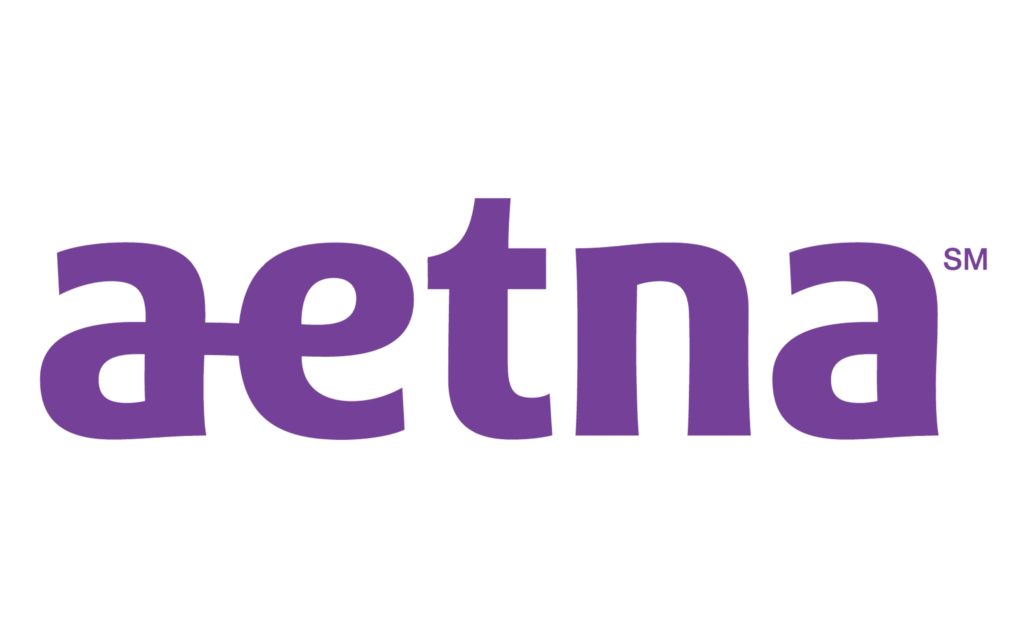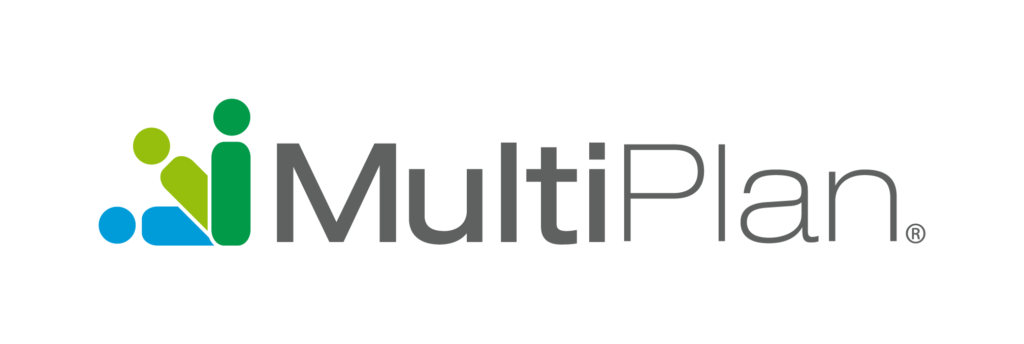Why Choose Carolina Recovery Solutions
When seeking addiction treatment services, it’s essential to find a program that offers comprehensive care, has an expert team of professionals, and is conveniently located. Carolina Recovery Solutions in Asheville, NC, checks all these boxes, making it an excellent choice for individuals seeking drug rehab, drug detox, and addiction treatment services.
Comprehensive Addiction Treatment Services
Carolina Recovery Solutions offers a wide range of comprehensive addiction treatment services. Their programs are designed to address the unique needs of individuals struggling with substance abuse. From drug detoxification to therapy and counseling, their services cover every aspect of addiction recovery. By providing a holistic approach to treatment, Carolina Recovery Solutions aims to promote long-lasting recovery and improve overall well-being.
Expert Team of Professionals
At Carolina Recovery Solutions, a dedicated team of professionals is committed to providing quality care and support to individuals seeking addiction treatment. Their team consists of experienced doctors, therapists, counselors, and support staff who specialize in addiction recovery. With their expertise and compassionate approach, they guide individuals through every step of the treatment process, offering personalized care and ensuring a safe and supportive environment.
Convenient Location in Asheville, NC
Carolina Recovery Solutions is conveniently located in Asheville, NC, making it easily accessible to those in the area. The serene and peaceful surroundings of Asheville provide an ideal setting for individuals to focus on their recovery journey. By choosing a treatment center close to home, individuals can receive the care they need while maintaining connections with their support systems.
By choosing Carolina Recovery Solutions, individuals can benefit from their comprehensive addiction treatment services, expert team of professionals, and convenient location in Asheville, NC. With their commitment to quality care, Carolina Recovery Solutions provides a supportive and empowering environment for individuals on the road to recovery.
Understanding Intensive Outpatient Programs (IOPs)
When seeking addiction treatment, it’s important to understand the different options available. One such option is an Intensive Outpatient Program (IOP). Let’s delve into what an IOP entails, the benefits it offers, and the structure and duration of these programs.
What is an Intensive Outpatient Program?
An Intensive Outpatient Program (IOP) is a community-based treatment program designed to provide a structured level of care for individuals with substance abuse disorders. Unlike inpatient programs, IOPs allow clients to reside at home while receiving treatment. These programs typically involve regular sessions of counseling, therapy, education, and support services, tailored to meet the individual’s specific needs.
IOPs offer a supportive environment where individuals can receive comprehensive addiction treatment, including therapy, counseling, and education, to help them overcome their addiction. These programs are suitable for individuals who do not require 24-hour medical care or constant supervision but still need a structured treatment program (American Addiction Centers).
Benefits of Intensive Outpatient Programs
Intensive Outpatient Programs (IOPs) offer several benefits for individuals seeking addiction recovery. Some of these benefits include:
- Flexibility: IOPs offer flexibility in scheduling, allowing individuals to attend treatment sessions during the day or evening to accommodate work, school, or other responsibilities. This flexibility can make it easier for individuals to balance their treatment with their daily obligations.
- Cost-effective: IOPs are typically less expensive than inpatient treatment programs since individuals do not reside at the treatment facility. This makes IOPs a more affordable option for individuals seeking comprehensive addiction treatment.
- Supportive environment: IOPs provide a structured and supportive environment where individuals can receive therapy, counseling, and support services to help them overcome their addiction and develop the skills necessary for long-term recovery. The supportive nature of IOPs can significantly contribute to the success of individuals in their recovery journey.
Structure and Duration of IOPs
The structure and duration of Intensive Outpatient Programs (IOPs) may vary depending on the individual’s needs. On average, IOPs typically last around 8-12 weeks, although the length can be adjusted to meet the specific requirements of each participant.
Participants in an IOP attend therapy sessions several times a week, usually for 2-4 hours per session (Addiction Rehab Toronto). These sessions may include individual therapy, group therapy, family therapy, and educational sessions, offering a comprehensive approach to addiction treatment.
The structure and duration of IOPs are designed to provide individuals with the necessary tools and support to address their addiction and develop coping strategies for long-term recovery. By participating in a well-structured IOP, individuals can embark on their road to recovery with the guidance of experienced professionals in a supportive and understanding environment.
Choosing Carolina Recovery Solutions for IOP
When seeking an intensive outpatient program (IOP) for addiction treatment, Carolina Recovery Solutions stands out as a premier option in Asheville, NC. They offer a range of services that prioritize personalized care and evidence-based therapies to support individuals on their path to recovery.
Tailored Treatment Plans
At Carolina Recovery Solutions, the treatment plans for their intensive outpatient program are tailored to address the unique needs and challenges of each individual. This personalized approach ensures that each person receives the most effective and appropriate care. By customizing the treatment plan, the team can focus on the specific issues and goals of the individual, enhancing the chances of successful recovery.
Evidence-Based Therapies
Carolina Recovery Solutions utilizes evidence-based therapies in their intensive outpatient program to provide effective treatment for individuals seeking addiction recovery. Therapies such as cognitive-behavioral therapy (CBT) and motivational interviewing (MI) are incorporated into the treatment plans to support individuals in developing coping strategies, improving self-awareness, and fostering positive behavioral changes. These evidence-based approaches have been proven to be effective in helping individuals overcome addiction and maintain long-term recovery.
Supportive and Compassionate Environment
The compassionate and supportive environment at Carolina Recovery Solutions plays a vital role in the recovery process. The team understands the challenges and complexities that individuals face when seeking addiction treatment. They provide the necessary encouragement, understanding, and empathy to help individuals feel supported throughout their recovery journey. This supportive environment fosters a sense of community and connection, creating a safe space for individuals to share their experiences and receive the emotional support they need.
By choosing Carolina Recovery Solutions for an intensive outpatient program, individuals can benefit from tailored treatment plans, evidence-based therapies, and a supportive and compassionate environment. With their expertise and commitment to individualized care, Carolina Recovery Solutions is dedicated to helping individuals achieve lasting recovery and regain control of their lives.
Who Can Benefit from IOPs
Intensive Outpatient Programs (IOPs) offer a structured and comprehensive treatment approach for individuals seeking addiction recovery. These programs are designed to provide support and guidance while allowing individuals to maintain their daily routines. Here are three groups of people who can benefit from IOPs:
Individuals Seeking Addiction Recovery
IOPs are well-suited for individuals who are seeking recovery from addiction but do not require 24-hour medical care or constant supervision. These programs provide a higher level of support and structure than traditional outpatient therapy, making them an effective option for those who need more intensive treatment. By participating in an IOP, individuals can access a range of therapeutic services, including individual counseling, group therapy, and education sessions, to address the underlying factors contributing to their addiction.
Transitioning from Inpatient Treatment
For individuals who have completed an inpatient or residential program, transitioning back to everyday life can be challenging. Intensive outpatient programs can serve as a vital step in the recovery process, providing ongoing support and guidance as individuals adjust to their new circumstances. IOPs offer a blend of focused and immersive support while allowing individuals to stay connected to their community and support systems. This continued treatment helps to reinforce the skills and strategies learned during inpatient treatment, promoting long-term recovery and reducing the risk of relapse.
Balancing Work, School, and Treatment
One of the significant advantages of IOPs is the flexibility they offer in scheduling. These programs are designed to accommodate the diverse needs of individuals, including those who are balancing work, school, or other responsibilities. IOPs provide treatment sessions during the day or evening, allowing individuals to attend while still fulfilling their daily obligations. This flexibility ensures that individuals can receive the necessary support and therapy without having to disrupt their work or educational commitments. By participating in an IOP, individuals can address their addiction concerns while maintaining their personal and professional lives.
By considering these different groups of individuals, it becomes evident that IOPs provide a valuable treatment option for those seeking addiction recovery. Whether someone is actively seeking treatment, transitioning from inpatient care, or juggling various responsibilities, IOPs can offer the necessary support, structure, and flexibility to promote successful recovery.
The Effectiveness of Intensive Outpatient Programs
Intensive Outpatient Programs (IOPs) have proven to be effective in providing comprehensive addiction treatment services. Research on IOPs and client outcomes highlights the positive associations between various treatment approaches and successful recovery. Understanding the effectiveness of these programs can help individuals make informed decisions about their addiction treatment journey.
Research on IOPs and Client Outcomes
While there is no definitive research establishing a single best approach to treatment, studies have shown positive associations between several treatment approaches and client outcomes. The effectiveness of IOPs can be influenced by factors such as client characteristics and the duration of treatment.
Commonly Used Approaches in IOPs
Providers of IOPs employ a range of theoretical approaches to address addiction and support recovery. It is important for providers to be aware of the most commonly used approaches in order to make informed choices. Some of the commonly used approaches in IOPs include:
- 12-Step Facilitation: This approach, derived from the Minnesota Model of treatment, incorporates the concepts of 12-Step fellowships such as Alcoholics Anonymous (AA). Research outcomes have shown that 12-Step facilitation has a slight advantage over the course of three years following treatment (NCBI Bookshelf).
- Cognitive-Behavioral Therapy (CBT): CBT focuses on teaching clients skills that help them recognize and reduce relapse risks, maintain abstinence, and enhance self-efficacy. Research outcomes have found CBT-based relapse prevention treatment to be superior to minimal or no treatment.
- Motivational Interviewing (MI) and Motivational Enhancement Therapy (MET): These motivational approaches can be incorporated into every stage of treatment. Research outcomes have found that a four-session version of MET was as effective as other, more intensive interventions for decreasing alcohol use and maintaining abstinence.
Advantages of 12-Step Facilitation and CBT
Among the commonly used approaches in IOPs, 12-Step facilitation and CBT have demonstrated effectiveness in supporting recovery. 12-Step facilitation draws upon the principles of fellowship and support from programs like AA, while CBT focuses on teaching practical skills to maintain abstinence and reduce relapse risks.
The advantage of 12-Step facilitation lies in its long-term effectiveness, showing positive outcomes over a three-year period following treatment. On the other hand, CBT-based relapse prevention treatment has been found to be superior to minimal or no treatment, providing clients with essential tools and strategies to navigate their recovery journey.
By incorporating these evidence-based approaches into IOPs, Carolina Recovery Solutions aims to enhance treatment outcomes and support individuals on their road to recovery.
Getting Started with Carolina Recovery Solutions
When considering addiction treatment services, Carolina Recovery Solutions in Asheville, NC stands out as a reputable and comprehensive option. They offer a range of programs designed to cater to individuals seeking recovery from substance abuse. Here’s what you need to know to get started with Carolina Recovery Solutions:
Range of Treatment Programs
Carolina Recovery Solutions recognizes that each person’s journey to recovery is unique. To address the diverse needs of individuals seeking addiction treatment, they offer a range of treatment programs. These programs are tailored to different age groups and levels of care. They provide intensive outpatient programs (IOPs) for teens (ages 13-18), young adults (ages 18-30), and adults (ages 30+). This ensures that individuals receive age-appropriate and specialized care during their recovery process.
Intensive Outpatient Treatment FAQ's
How many sessions per week are typically involved in the Intensive Outpatient Treatment?
The number of sessions per week varies based on individual needs and progress. Our IOP offers flexibility, accommodating different schedules and commitments.
What therapeutic modalities are included in the Intensive Outpatient Treatment?
Our program includes a variety of therapeutic modalities, from evidence-based practices such as cognitive-behavioral therapy to holistic approaches like mindfulness meditation and art therapy.
How does the IOP support individuals with co-occurring disorders?
The Intensive Outpatient Treatment integrates specialized support for individuals with co-occurring disorders, addressing both addiction and mental health concurrently.
Is family involvement encouraged in the Intensive Outpatient Treatment?
Yes, family involvement is encouraged through educational sessions and family therapy. We believe that a supportive family environment enhances the chances of successful recovery.
What ongoing support is provided after completing the Intensive Outpatient Treatment?
Aftercare support is an integral part of our program, including continued counseling, support groups, and resources to assist individuals as they navigate their post-IOP journey.







